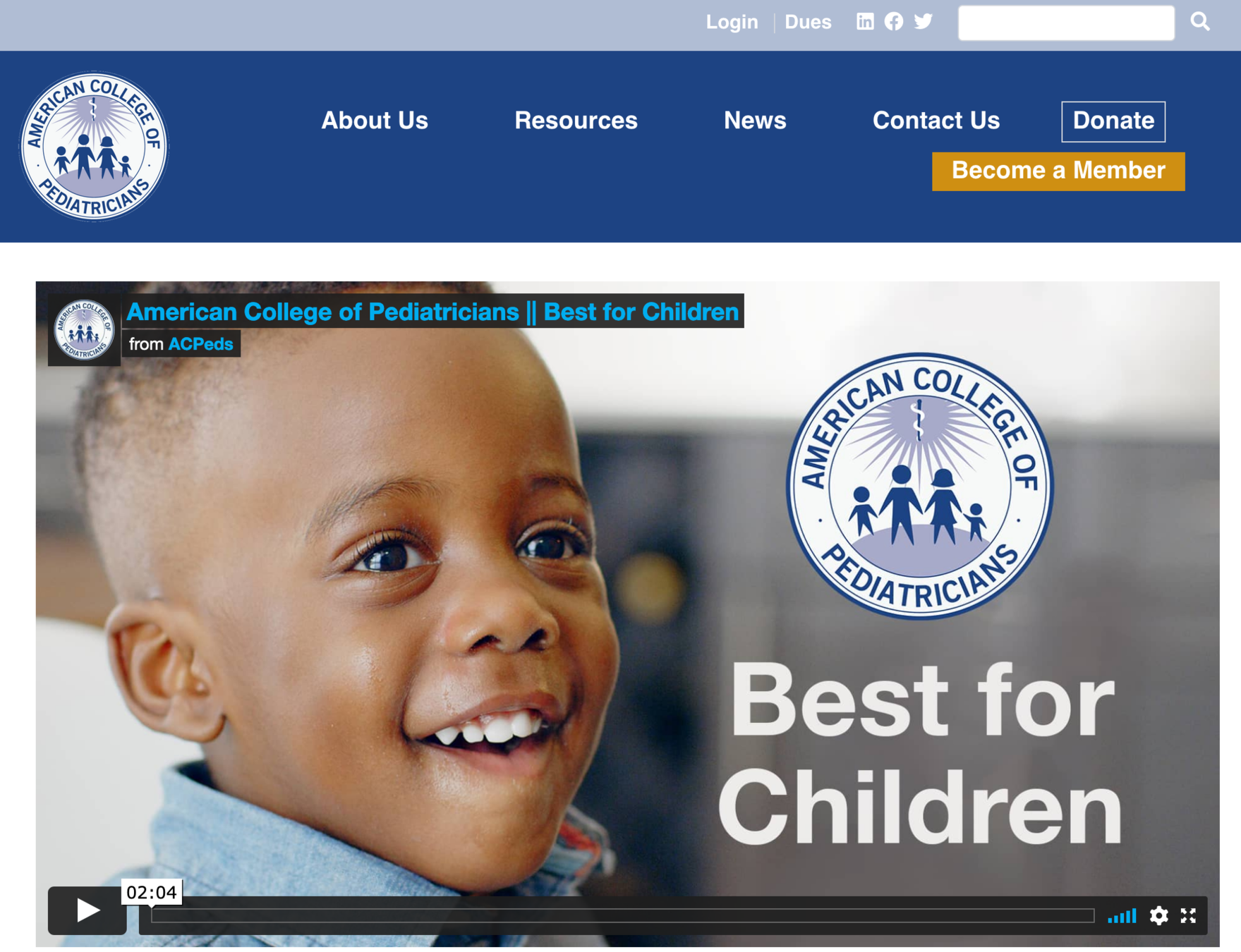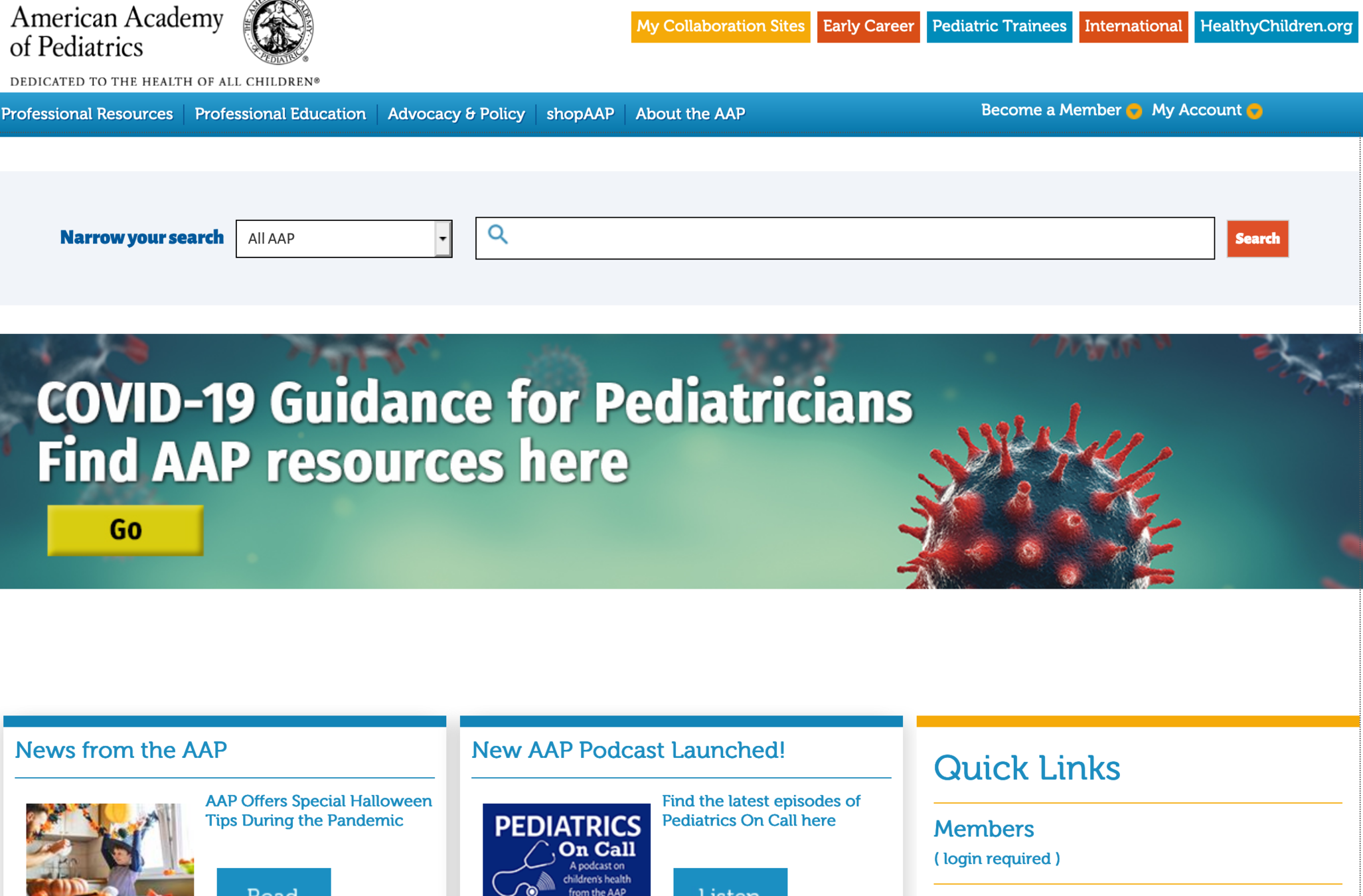INTRODUCTION TO RESEARCH
Nabil Kashyap / Digital Scholarship Librarian
+ What is research?
+ How do we find it?
+ How do we know if it's good?
+ (What do we do with it after?)
What is research?

"I'm measuring calcium response in frogs"
"I'm interviewing members of affected communities"
"I'm consulting with policy experts"
"I'm reviewing everything published to date on the anthropology of southern cuisine"
"I'm adding my own close reading of Frankenstein with regard to climate change"
Processes
- Books
- Journals
- Articles
- Chapters
- Data & Statistics
- Maps
- Magazines & Newspapers
- Music & Audio Clips
- Film & Video
- Archival Sources
Stuff
How do we find it?
+ tripod.swarthmore.edu
(specifically: articles search)
+ Aggregate databases
(JSTOR, Proquest, WoS)
+ scholar.google.com
+ A-Z List
so much more !
How do we find it?

+ Full-text (*, AND, OR)
+ Controlled vocabularies
+ Facets
How do we know if it's good?
💩
CURRENCY
wait, when was this published?
RELIABILTY
where are the references? how are the authors supporting their claims?
AUTHOR(ITY)
who or what is sponsoring this? what do you know about them?
PURPOSE
what can you tell about why this is being shared?
💩
Check for previous work
See if someone else has already fact-checked the claim or provided a synthesis of research
Go upstream to the source
Get to the original source
Read laterally
Read what other people say about the source
Circle back
Back up and start over knowing what you know now
Caufield. "Four Moves," Web-Literacy for Student Fact Checkers.


vs.
🥊
B / E / A / M
Writers rely on background sources, interpret or analyze exhibits, engage arguments, and follow methods.
Bizzup (2008)
(What do we do with it afterwards?)
Start early !
+ Consistent file naming and folders
+ Cloud storage
+ Using bibliographic software (like Zotero)
+ Take your work with you
Thank You!
Nabil Kashyap / nkashya1 / McCabe 110